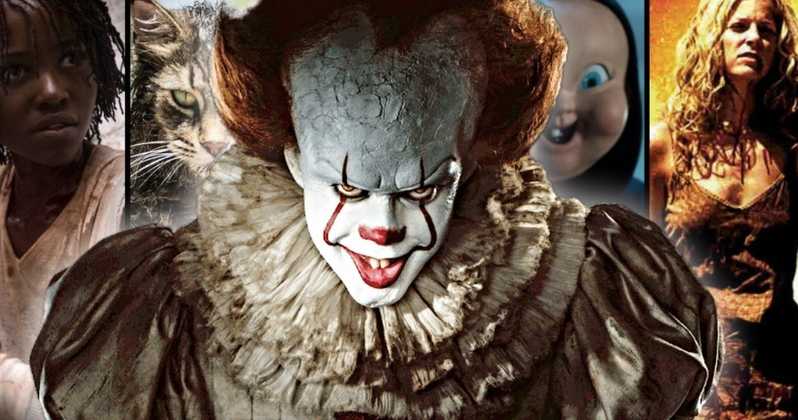Why people love horror movies
Why do people like watching “a live monkey being struck in the head with a hammer, having its skull cracked opened, and its brain served as dessert?” Psychology might give us the answer.
Anyone that finds horror films entertaining only watches them for one obvious motive: to be frightened. Others wouldn’t even consider to willingly terrify themselves. The psychological aspect of our love for horror movies digs deeper than just the crave for thrills.
According to Pacific Standard Magazine, one hypothesis linking to why our love for horror films remains so strong includes the lack of empathy. You would think people with high levels of empathy wouldn’t find enjoyment in horror films, but this hypothesis could be entirely detached when it comes to being a fan of horror.
Glenn Sparks, known as a Ph.D and associate head of the Brian Lamb School of Communication at Purdue University, states in PsychCentral that touches on the excitation transfer process. The excitation transfer process goes in depth with how your body reacts while watching a horror film, including the increasing of heart rate, respiration, and blood pressure. Though you might’ve been truly frightened during the jump scares, once the movie concludes, the positive emotions you normally feel are intensified. This spark of emotion is called physiological arousal. Instead of recalling how afraid you were during the horror film, you remember how much of a great time you had.
Paul Rozin, Jonathon Haidt, and Clark R. McCauley, working at New York University’s Stern School of Business, in conducting research on disgust, created an experiment aimed at college students. They were exposed to three documentaries based off of real-life horrors. One segment of each of the documentaries were shown including “cows being butchered and killed in a slaughterhouse, a live monkey being slashed in the head with a hammer, and a child’s facial skin being flipped inside out for surgery.”
Psychology Today states that 90 percent of the students that viewed the documentary clips turned it off before they could finish. Others that watched the clips all the way through found them incredibly disturbing. Many of the college students that watched the clips would most likely have no problem seeing a horror film filled with much more gore, and horrifying images. McCauley theorized that viewers are separating their psychological senses when watching a horror film, since they’re fully aware that it’s fictional.
The college students found the documentary clips too disturbing to watch because they were able to decipher realism from fictional. Once viewers are aware that the events are in fact, real, people express more empathy than they would for characters in an untrue horror movie.











